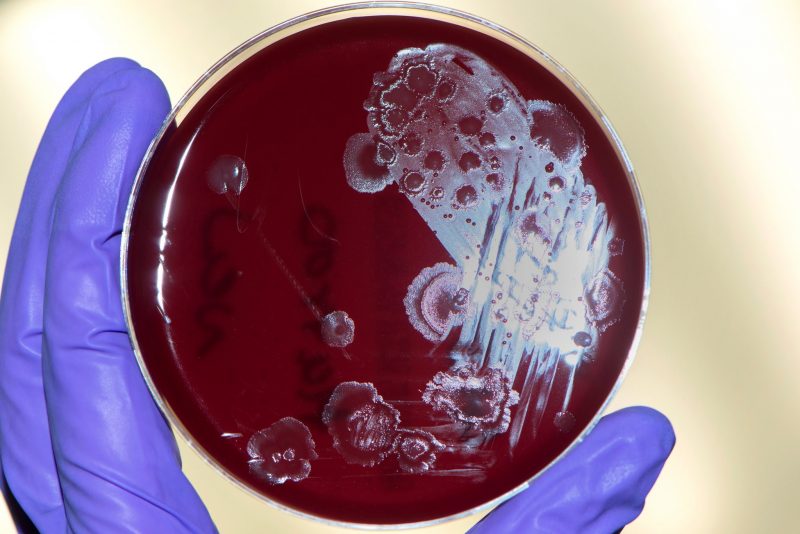
(Gina Kolata/ New York Times) — In a small study, doctors used so-called fecal transplants to treat a serious gut infection in patients. The transplants, from healthy donors, were as effective as antibiotics.
The bacteria can take over a person’s intestines and be difficult to eradicate. The infection causes fever, vomiting, cramps and diarrhea so severe that it kills 14,000 people a year in the United States alone.
The first line of treatment for the attacking microbes, called Clostridium difficile, is antibiotics. But a group of Norwegian researchers asked if something more unusual — an enema containing a stew of bacteria from feces of healthy people — might work just as well.
The answer, according to a report June 2 in the New England Journal of Medicine, is yes.
Until now, there has never been a clinical trial conducted in more than one medical center that has investigated so-called fecal transplants as a first therapy for C. difficile infections, said Dr. Michael Bretthauer, a gastroenterologist at the University of Oslo and lead author of the new study. (…)